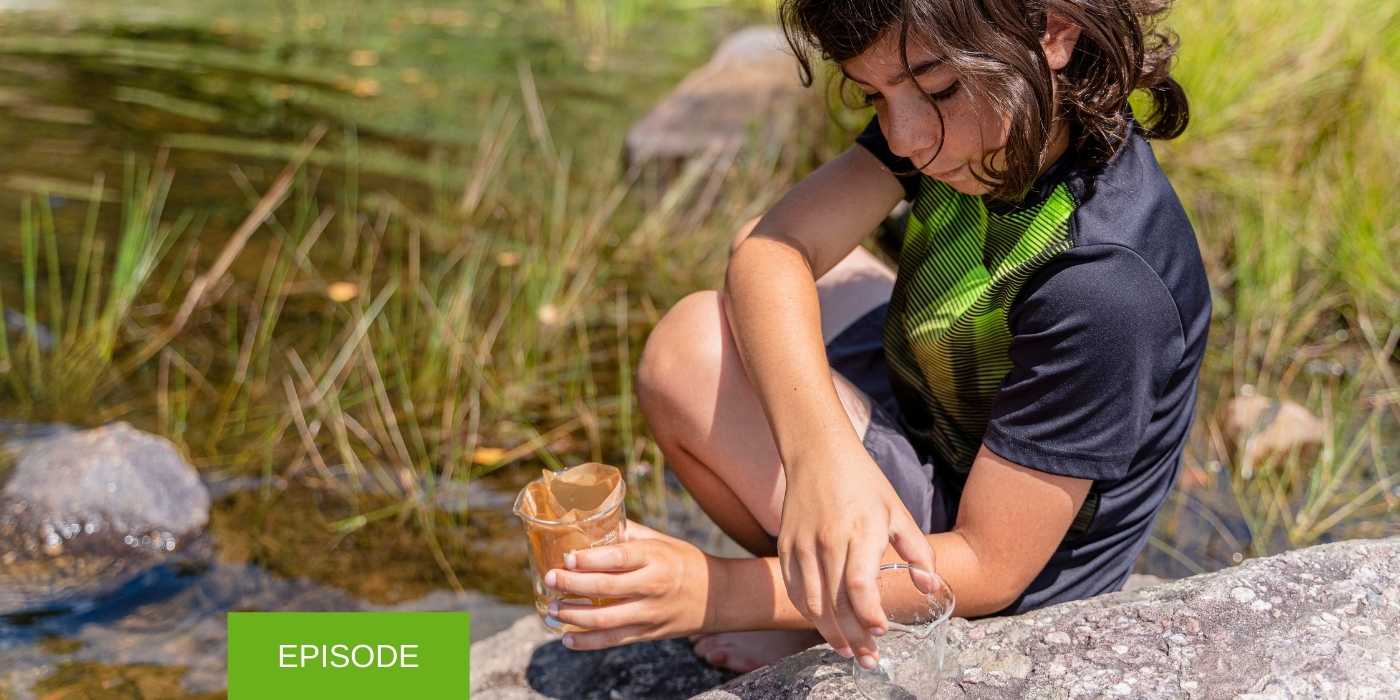
We speak with Dr. Deb L. Morrison, research scientist at the University of Washington School of Education, about centering climate science throughout the K-12 curriculum. Dr. Morrison talks about ClimeTime, a Washington State-funded program that teaches how to engage in climate science and climate justice education across disciplines, and describes nationally-available resources. She emphasizes the importance of integrating society, technology, and science education and says that climate science can be taught even in very conservative areas through place-based education, addressing what matters to kids in their communities.
Overview
00:00-00:35 Intros
00:35-03:32 ClimeTime: What it is, how it is funded
03:32-06:05 Climate change education and climate justice
06:05-07:36 Mentorship, all of us learning
07:36-10:34 Project-based learning; action civics
10:34-13:02 Teaching science as it actually works
13:02-16:54 Engaging conservative communities while teaching climate science
16:54-18:44 Socioecological systems; humans’ relationships with each other and with nature
18:44-19:57 The doughnut economy
19:57-22:05 Society, technology & science (STS) as an interdisciplinary field
22:05-26:28 Examples of teaching STS, place-based learning
26:28-29:13 Collaborations among colleges in Washington and Oregon
29:13-33:32 Resources for teaching climate change, including industrial farming
33:32-37:38 Action for Climate Empowerment at national and international levels
37:38- Outro
Transcript
Click here to see the full transcript of this episode.
Soundtrack by Poddington Bear
